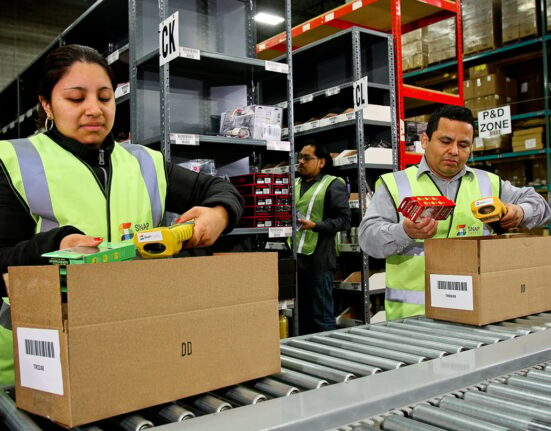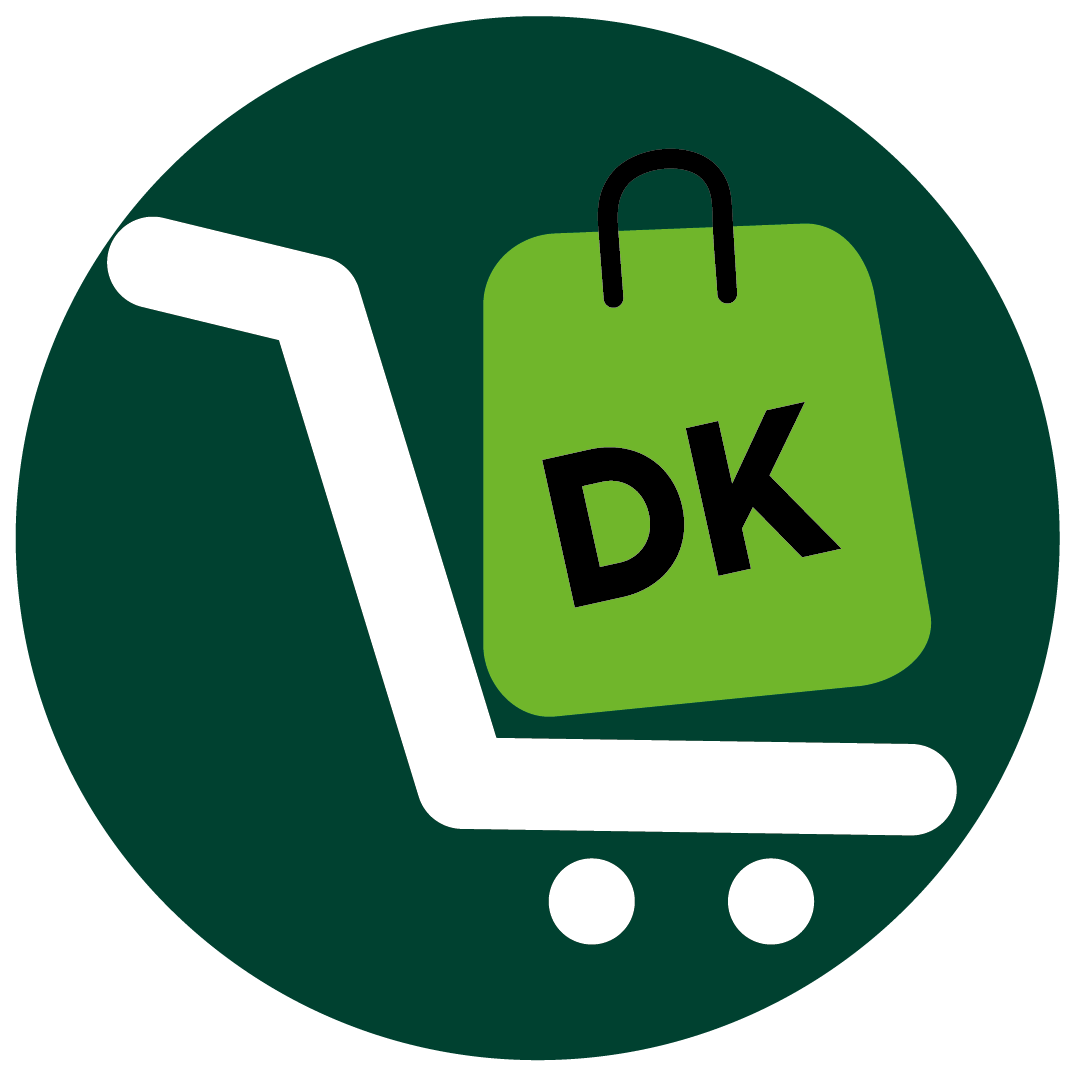Dropshipping has revolutionized the way businesses operate, offering a low-risk and cost-effective way to enter the world of e-commerce. When it comes to partnering with suppliers for dropshipping, asking the right questions is crucial to ensure a successful and sustainable business relationship.
From inventory management to shipping processes, communication channels to product quality, there are countless essential questions you need to ask your suppliers to streamline operations, enhance customer satisfaction, and drive profitability in the competitive world of dropshipping.
Whether you’re a seasoned entrepreneur or a budding e-commerce enthusiast, mastering these key questions will set you on the path to dropshipping success. Explore the insightful inquiries that will empower your dropshipping venture and pave the way for long-term growth and prosperity.
Ensure you ask your suppliers questions concerning:
1. Product Quality and Reliability
2. Inventory Availability and Lead Times
3. Dropshipping Policies and Procedures
4. Shipping Methods and Costs
5. Pricing and Profit Margins
6. Communication Channels and Support
7. Scalability and Growth Opportunities
8. Legal and Compliance Considerations
Recap
1. Product Quality and Reliability
Begin by probing into their manufacturing processes, seeking insights into how they produce and maintain the quality of their goods. When delving into the realm of dropshipping, ensuring the quality and reliability of your supplier’s products is paramount. Inquire about any certifications they hold, such as ISO standards or industry-specific accreditations, which serve as indicators of their commitment to quality.
Request samples or detailed product specifications to conduct a hands-on assessment, ensuring that the products meet your standards and align with your brand’s image. Furthermore, delve into their track record for order fulfilment, seeking assurance that they can consistently deliver orders promptly and accurately. A supplier with a proven history of reliability is crucial for maintaining customer satisfaction and fostering long-term success in the competitive world of dropshipping.
>>> MORE : Dropshipping How to Make Money
2. Inventory Availability and Lead Times
Inquire about the availability of the products you plan to offer in your store, seeking clarity on whether they are readily available or subject to potential delays. Ensure you gain insight into your supplier’s inventory availability and lead times. This is paramount for ensuring seamless operations and customer satisfaction.
Additionally, delve into their lead times for restocking inventory, understanding how quickly they can replenish stock once it runs low. It’s essential to inquire about the supplier’s inventory management practices, including whether they provide real-time updates on stock levels and anticipate any potential delays during peak seasons or unforeseen circumstances such as supply chain disruptions.
By gaining a comprehensive understanding of their inventory management processes, you can effectively manage customer expectations, prevent stock outs, and maintain a reliable and consistent supply of products to fulfil orders.
3. Dropshipping Policies and Procedures
Clarify the supplier’s dropshipping policies and procedures to ensure alignment with your business model. When establishing a partnership with a supplier for dropshipping, it’s crucial to thoroughly understand their policies and procedures to ensure they align with your business model and customer expectations. Begin by inquiring about the supplier’s dropshipping program requirements, including any minimum order quantities they may have and their order processing times.
Seek clarity on their policies in case of customer dissatisfaction or product issues. Understanding how they handle packaging and branding is also essential – inquire about whether they offer options for custom packaging or including marketing materials to enhance your brand visibility.
By gaining a comprehensive understanding of the supplier’s dropshipping policies and procedures, you can effectively align your operations and provide a seamless experience for your customers, ultimately contributing to the success of your dropshipping business.
4. Shipping Methods and Costs
Delve into the intricacies of the supplier’s shipping methods, carriers, and associated costs to make informed decisions for your dropshipping business. Start by exploring the range of shipping options available, including standard, expedited, and international shipping, to accommodate the diverse needs of your customers. Inquire about estimated delivery times for each shipping method to manage customer expectations effectively.
Additionally, seek clarification on how shipping costs are calculated – whether based on weight, distance, or other factors – to accurately assess your expenses. It’s also worth discussing whether the supplier offers discounted rates for bulk orders or frequent shipments, as this can significantly impact your overall shipping expenses and bottom line.
>>> PRO TIPS : Must Have Shopify Apps For Dropshipping
5. Pricing and Profit Margins
Engage in thorough discussions with your supplier regarding pricing details to ensure clarity on your profit margins and competitiveness within the market. Inquire about any available bulk discounts or wholesale pricing options that may enhance your profitability.
Additionally, seek transparency regarding any additional fees, such as shipping or handling charges, to accurately assess your overall costs. It’s crucial to establish a clear understanding of the pricing structure to avoid any unforeseen expenses that could diminish your profit margins.
By fostering open communication and transparency with your supplier regarding pricing, you can effectively manage costs and optimize your profitability in the competitive landscape of dropshipping.
6. Communication Channels and Support
Inquire about the supplier’s preferred communication channels, whether it is email, phone, or a dedicated online platform, to ensure seamless interaction. Establishing effective communication channels and support mechanisms with your dropshipping supplier is paramount for ensuring smooth operations and resolving any issues promptly.
Ascertain their availability for inquiries or support, including their response times during regular business hours and beyond. It’s essential to determine whether the supplier offers dedicated account managers or customer support representatives who can address any concerns or queries promptly and efficiently.
7. Scalability and Growth Opportunities
Assess the supplier’s capacity for scalability and their ability to accommodate your business’s growth. Inquire about their production capabilities, scalability of their supply chain, and flexibility to support increased order volumes over time. A reliable supplier should be able to adapt to your business’s evolving needs and facilitate its expansion seamlessly.
Inquire about their capacity to handle increased order volumes efficiently and effectively. Secondly, ascertain their ability to manage growth in demand without sacrificing quality or service standards, ensuring consistent customer satisfaction amidst expansion.
Additionally, explore potential collaboration or partnership opportunities that can foster business growth, such as joint ventures or strategic alliances with complementary businesses. Lastly, inquire about their adaptability to market trends and shifts in consumer preferences, seeking assurance that they possess the agility and foresight to adjust their offerings and strategies accordingly.
>>> GET SMARTER : Dropshipping How To Get Customers
8. Legal and Compliance Considerations
Ascertain the supplier’s compliance with all pertinent laws and regulations governing their industry, ensuring adherence to legal standards and requirements. Secondly, inquire about their commitment to product safety standards and regulations, emphasizing the importance of delivering safe and reliable products to consumers. Additionally, delve into their approach to handling intellectual property rights and copyright issues, seeking assurances that they respect and protect intellectual property.
Evaluate any potential legal risks or liabilities associated with partnering with the supplier, identifying and mitigating potential challenges to safeguard your business interests. By thoroughly assessing these legal and compliance considerations, you can establish partnerships with suppliers who prioritize legal integrity and regulatory compliance, thereby minimizing risks and fostering trust and confidence in your business operations.
Recap
In summary, the process of vetting suppliers serves as a pivotal cornerstone in establishing a thriving dropshipping enterprise. Through meticulous inquiry and comprehensive due diligence, entrepreneurs can discern dependable partners that harmonize with their business objectives and ethos.
It’s imperative to prioritize key facets such as product excellence, readily available inventory, transparent pricing structures, and robust communication channels when evaluating prospective suppliers. With steadfast allies in the supplier realm, entrepreneurs can fortify the groundwork for their dropshipping endeavors, propelling themselves towards sustainable expansion and triumph within the fiercely competitive realm of e-commerce.














